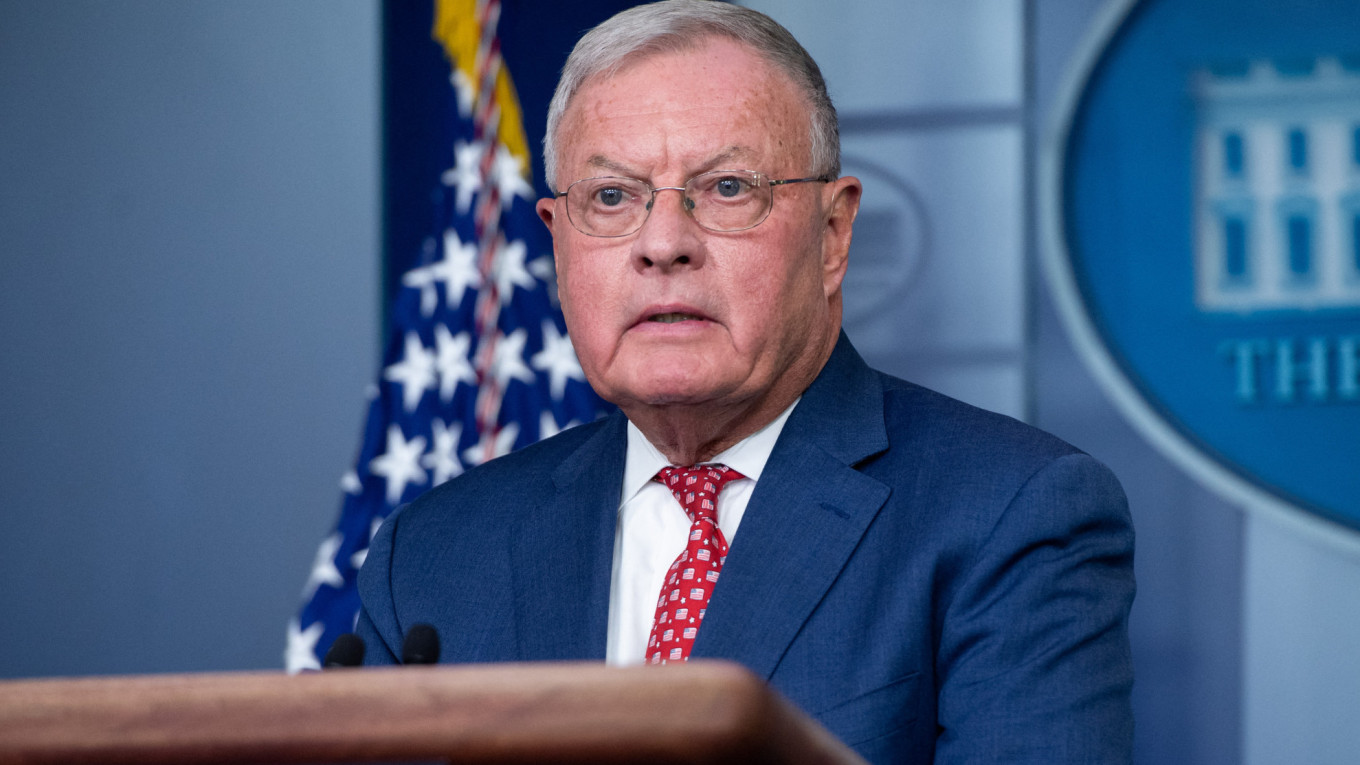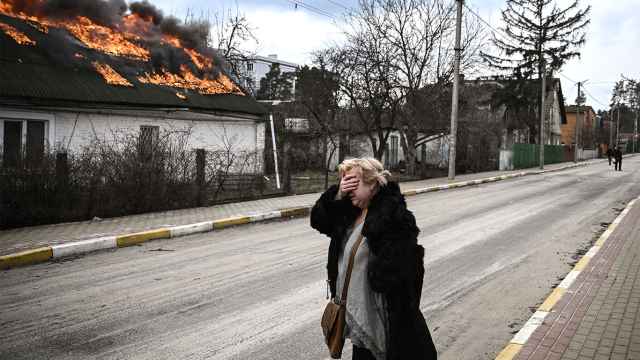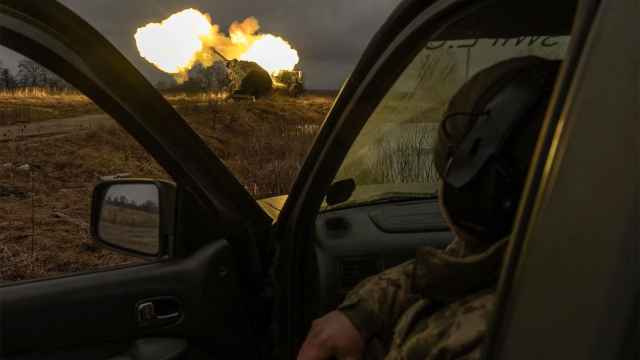U.S. President Donald Trump's Ukraine envoy said Sunday that both Kyiv and Moscow would have to make concessions if they are to successfully negotiate a solution to the ongoing war.
"I think both sides will give a little bit," Keith Kellogg, a retired lieutenant general who recently returned from a visit to Ukraine, said in a televised Fox News interview.
Ukrainian President Volodymyr Zelensky "has already indicated he will soften his position on land," said Kellogg, adding that Russian leader Vladimir Putin "is going to have to soften his positions as well."
Zelensky has long rejected any territorial concessions to Russia, whose troops control a large swath of southeastern Ukraine. But he faces pressure amid mounting battlefield losses and uncertainty about continued U.S. support.
Russia, for its part, has sought assurances that Ukraine will never join NATO.
Trump, during his campaign for the presidency, had promised a quick end to the nearly three-year-old war, but provided few details of how he hoped to do so.
Putin said Tuesday that his country could hold peace talks with Ukraine, but ruled out speaking directly with Zelensky, calling him "illegitimate" because his presidential term has expired.
Ukraine has not held elections since the outbreak of war and ensuing institution of martial law, which Kellogg said Sunday was permitted under the Ukrainian constitution.
Zelensky has in turn said that Putin is "afraid" of negotiations.
Kellogg on Friday told Fox News that Trump "wants to get it done," and added, "I feel very, very confident that we can actually make something happen."
Asked how long that might take, he said, "I would like to say it's months, but it's not years."
Since taking office Jan. 20, Trump has threatened tougher sanctions on Russia and claimed that Zelensky is ready to negotiate.
A Message from The Moscow Times:
Dear readers,
We are facing unprecedented challenges. Russia's Prosecutor General's Office has designated The Moscow Times as an "undesirable" organization, criminalizing our work and putting our staff at risk of prosecution. This follows our earlier unjust labeling as a "foreign agent."
These actions are direct attempts to silence independent journalism in Russia. The authorities claim our work "discredits the decisions of the Russian leadership." We see things differently: we strive to provide accurate, unbiased reporting on Russia.
We, the journalists of The Moscow Times, refuse to be silenced. But to continue our work, we need your help.
Your support, no matter how small, makes a world of difference. If you can, please support us monthly starting from just $2. It's quick to set up, and every contribution makes a significant impact.
By supporting The Moscow Times, you're defending open, independent journalism in the face of repression. Thank you for standing with us.
Remind me later.






